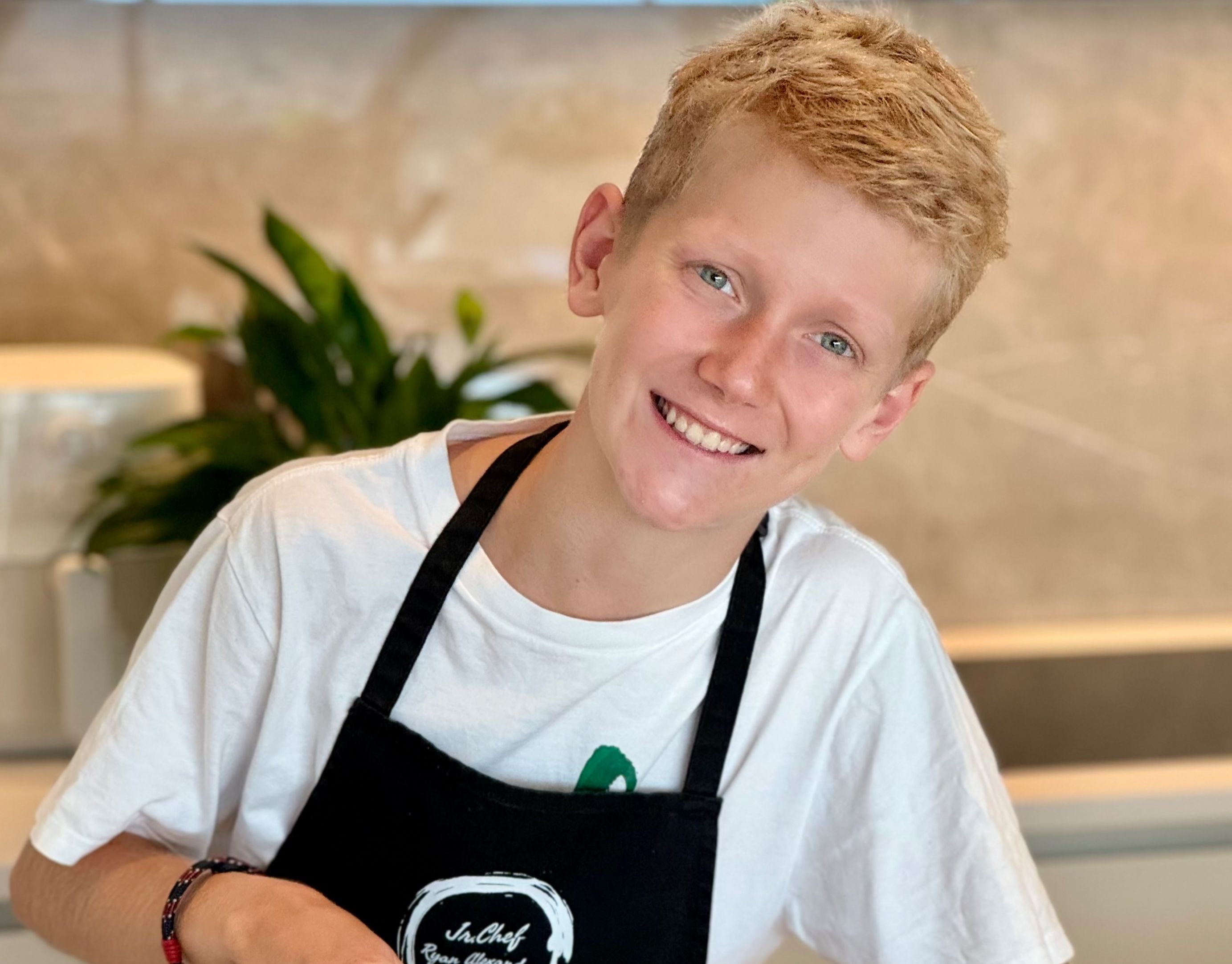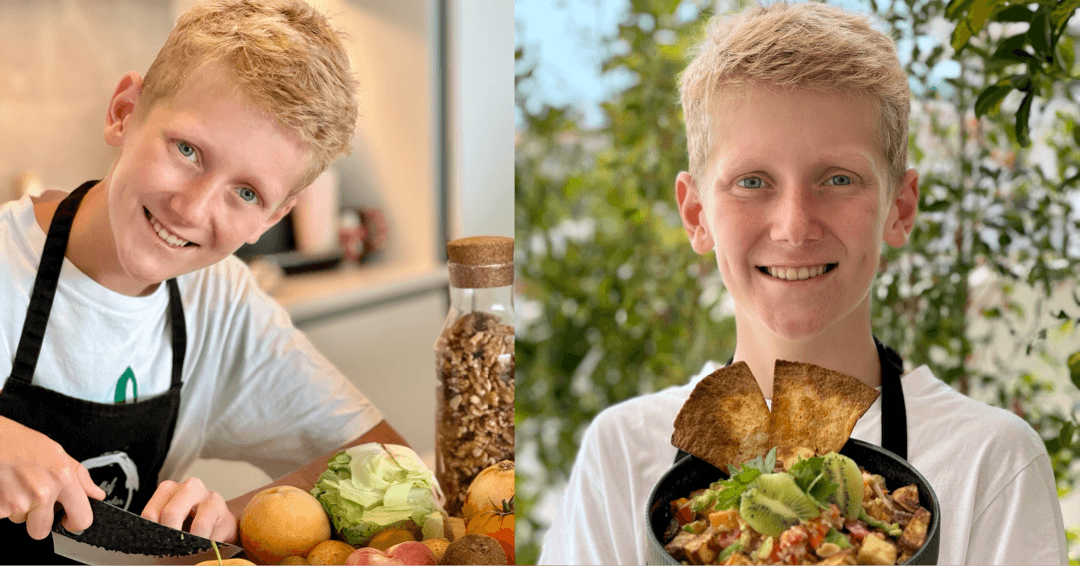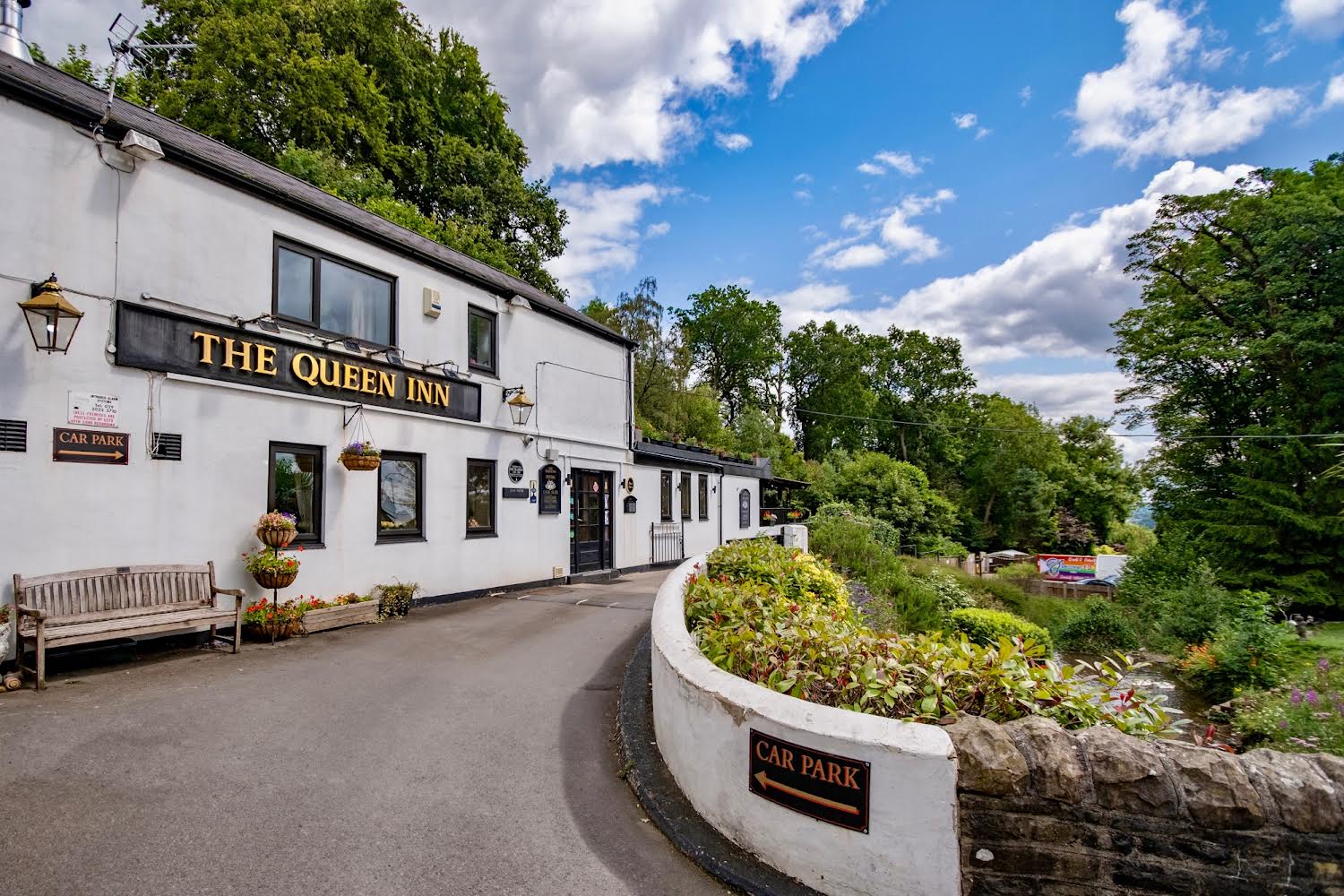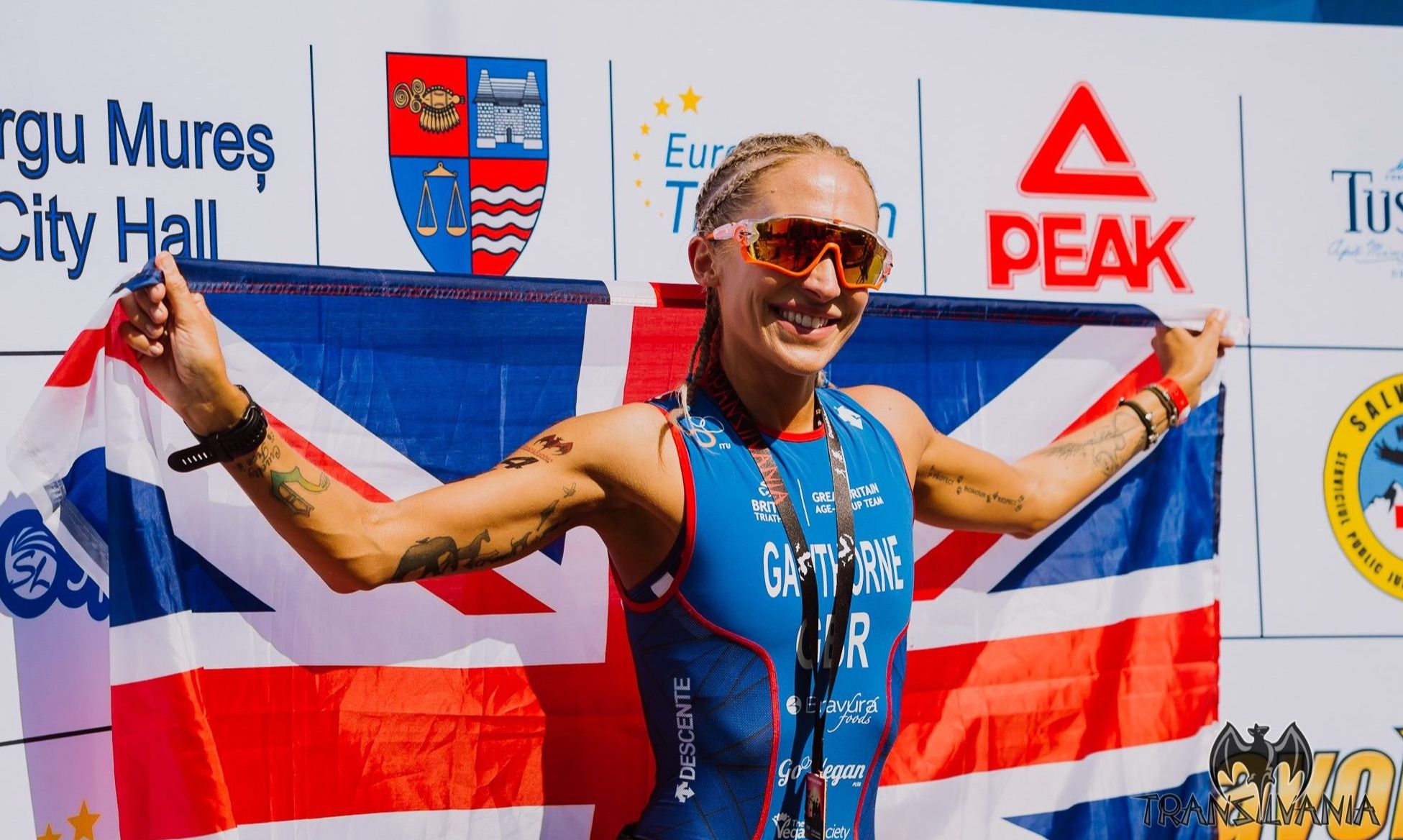Interviews
So young and so vegan: Ryan Spänhoff—’The Junior Chef’ on how he became vegan

Ryan Spänhoff, known as ’The Junior Chef’—is a young culinary prodigy with a rich multicultural background. Born in Vienna to a German family, Ryan has grown up surrounded by a vibrant mix of languages and cultures. Now residing in Marbella, Spain, Ryan will turn 14 this August. Fluent in German, English and Spanish, he navigates diverse environments with ease.
Ryan is also passionate about sports such as golf, football and scuba diving. His love for animals led him to adopt a vegan lifestyle following a school project, which culminated in an interview with VegClub about his journey. As he continues to explore the culinary world, Ryan's unique background and interests make him an inspiring young chef.
VegClub (VC): How did you first become interested in veganism?
Ryan Spänhoff (RS): My interest in veganism began when I wrote about the meat and dairy industry for a school project, highlighting the transportation of live animals around the world to keep them fresh. Additionally, seeing the dreadful conditions of animals in transport vehicles and their suffering deeply affected me. Another significant factor was that my mother had been vegetarian for 10 years but stopped when she was expecting my brother, as doctors incorrectly advised her to eat meat weekly. With increased knowledge and numerous studies showing the negative effects of a meat and dairy diet compared to the benefits of a vegan lifestyle, my perspective shifted. My mum and I also watched many documentaries on Netflix about veganism and the meat, fish and dairy industries. Documentaries like ‘Cowspiracy’, ‘Seaspiracy’, ‘What The Health’ and ‘The Game Changers’ were particularly impactful and convinced me to make a change for a brighter future.
VC: What is your favourite vegan dish to cook and why?
RS: It’s difficult for me to choose a favourite vegan dish to cook, as they are all delicious and enjoyable to make. However, if I had to select one, it would be avocado toast with tofu eggs. This is because you can prepare everything from scratch and have the flexibility to adjust the flavours while keeping the dish essentially the same. The simplicity of the dish makes it easier to make than it might sound, allowing any cook to recreate it. This aligns with the goal of my Instagram channel, where I aim to showcase easy vegan dishes that anyone can try.
VC: Can you share a fun or memorable moment you have had while cooking?
RS: Cooking is always enjoyable, and I create many amusing memories. One of the funniest moments was when I invited my non-vegan grandparents to a brunch that I prepared. Some of the dishes I made included scrambled tofu eggs on avocado toast, mushroom tacos and chickpea chocolate mousse. We told them beforehand that we would not be serving vegan food, but we did so without revealing it. At the end of the meal, I asked them how they liked it and they said it was excellent—the eggs, the tacos, everything was delicious. When I told them that everything they had eaten was 100% vegan, their reactions were priceless. I wish I could have recorded it—they couldn’t believe it was all vegan. That remains my best memory of cooking.
VC: How do you come up with new recipes or ideas for your meals?
 Ryan Spänhoff
Ryan Spänhoff
RS: If I’m honest, most of the meals I cook are not my original ideas. I mainly get inspired by watching videos on Instagram and thinking to myself, “That looks good”. I then take those ideas and create my own dishes with my own ingredients. Essentially, I take inspiration from others and make my own versions.
“Seeing the dreadful conditions of animals in transport vehicles and their suffering deeply affected me.” on why he turned vegan
Read more The Queen Inn: The world’s first plant-based steakhouse—an exclusive interview
VC: How do you think cooking vegan meals helps the planet or animals?
RS: Cooking vegan meals benefits the planet in more ways than one might realise. It is undoubtedly better for animals and the environment. An argument often made by meat-eaters is that soy, a common vegan ingredient, is bad for the environment. While it’s true that soy production can have environmental impacts, only 20% of soy is produced for human consumption; the remaining 80% is used for animal feed. Additionally, 50% of farmland is allocated to livestock, and 20% of all land on Earth is used for livestock. Considering all these facts, choosing a vegan lifestyle becomes a clear decision.
VC: What advice would you give to other children who want to start cooking or eating vegan?
RS: My advice to other children is to explore the diverse and exciting options available in vegan food. Don’t think of veganism as just eating vegetables. There will be people at school who might make fun of you, saying meat is essential and that a vegan diet will prevent you from growing tall or strong. They might question where you get your protein from, claim you need vitamins from meat and assert it’s the circle of life. From experience, I know this can happen, but you need to ignore it and remind yourself that you are healthier and care for animals beyond just pets. Remember that you’re doing something good and helping the planet. It may be challenging at times, but you must be brave and ignore the negativity.
If you enjoy our articles and want to read more of our content, check out the top 7 vegan restaurants in Germany for you to try this summer. Perhaps take a look at why investing in a VegClub franchise is your green opportunity for success? Or explore Vienna named world’s most liveable city in 2024, for the third consecutive time.
sign up
for the vegclub newsletter.
Stay updated on all things vegan in Europe. Get exclusive articles, deals and giveaways delivered straight to your inbox. VegClub Magazine is the number one outlet in Europe and you will not want to miss our unique content.





